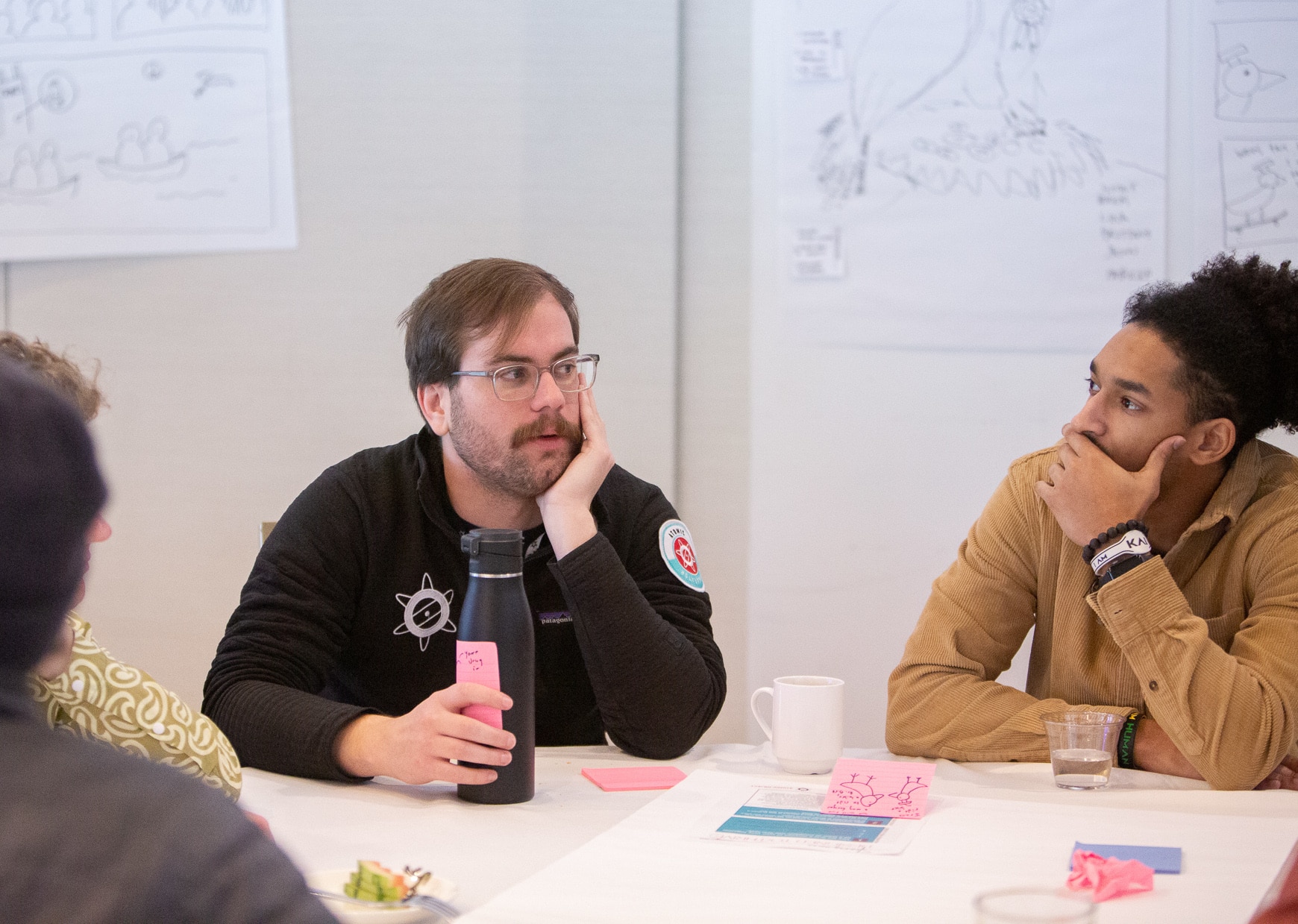Problem-solving is tough, but it’s something we all do in some capacity every day. It’s virtually impossible to solve every problem on your own, so, at times, you might need to reach out for a helping hand to make things clearer. One way you can get there quicker is by asking better questions.
Here’s the process I use for seeking guidance in times of uncertainty or brain fog.
The first one is for you.
A person’s first questions tend to be unrefined. They’re valuable starting points, but they are typically motivated by instinct. Instead, hold that initial urge to ask right away, and write that question down as a launchpad. Keep it for yourself. Think and reflect on your circumstances for a few moments.
What is your goal, and what have you tried so far? Can you think of any more potential approaches to the problem? Exercise your creativity.
Try multiple solutions.
Now it’s time to attack the problem from different angles. Investigate those potential solutions you just brainstormed – are they feasible? Even if you get stumped again, the findings of this research may provide some key details in crafting better questions or developing the solution.
If none of these investigations result in the desired end goal, reflect once again. Why didn’t they work out? Jot down short descriptions of these approaches, along with the reasons they couldn’t get the job done.
This is a great opportunity to learn more about the context of your problem and to grow your skillset as a problem solver.
Condense the journey.
At this point, you’ve gone on quite a journey. You’ve done a lot of work and gathered a lot of information. Before you can ask anyone anything, you’ll need to condense the journey and make it more digestible for the person you’re getting ready to engage. Take those notes from earlier and put a brief summary together.
A useful format might be:
- Your Goal: What you’re trying to accomplish
- The Past: Relevant attempts you made at accomplishing the goal
- Your Findings: Why those past attempts didn’t work
- The Present: Where you are now and what you need from the person
Ask away!
You’re finally ready to ask a purposeful, refined question! Having done this preparation, you’ve made it several times easier for someone to provide actionable feedback, pursuable direction, and maybe even a solution to your problem.
Engage the person you’re reaching out to and present your brief description of the journey. Speak with confidence, listen attentively, and collaborate to identify a path forward.

